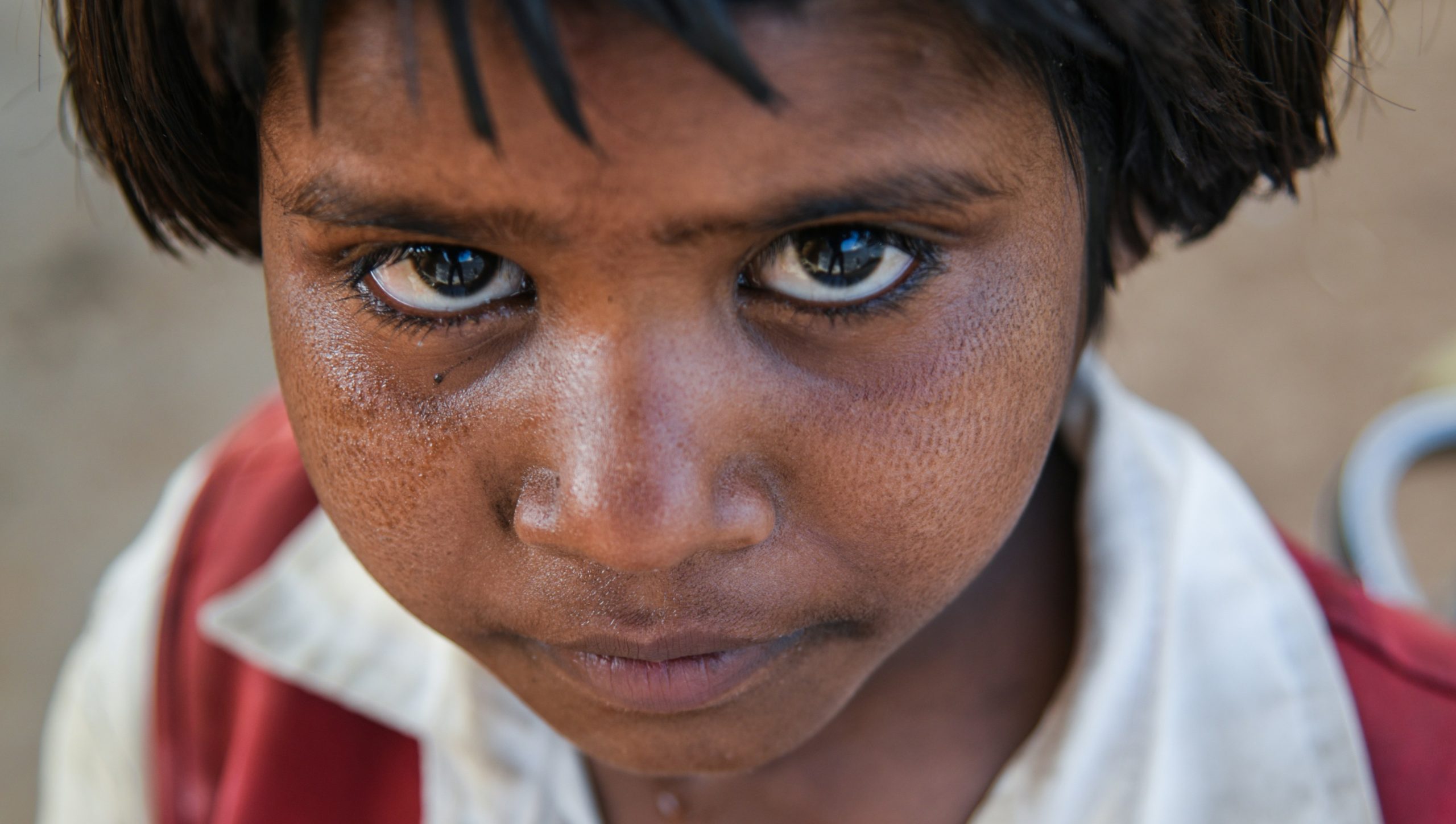
Заседание семинара ЦАТИ ИЭА РАН 22 августа
Уважаемые коллеги! 22 августа в 14.00 в онлайн формате пройдет совместное заседание регулярного семинара Центра азиатских и тихоокеанских исследований ИЭА РАН и Департамента антропологии Университета Видьясагар, Индия. Тема семинара: Зарегистрированные касты Индии: к вопросу об антропологии далитов.
Согласно последним данным переписей населения, зарегистрированные касты (далиты) составляют четверть населения Индии. Несмотря на то, что дискриминация по кастовому признаку законодательно запрещена, положение далитов в современном индийском обществе продолжает оставаться крайне неоднозначным. Зарегистрированные касты и племена являются объектом изучения современной индийской антропологии. Большую роль в становлении дисциплины сыграл среди прочих исследователей Б.Р. Амбедкар – борец за права неприкасаемых, автор Конституции Индии, выдвинувший собственную теорию происхождения неприкасаемых каст.
Dalits constitute one of the major sections of the Indian society. One estimate puts them to be a quarter of the total population in India. Although their existence in the Indian society has been attested for thousands of years, yet the focused studies on Dalits have emerged as an important domain of research in the past seven decades. The notion of untouchability has primarily contributed to the segregation, deprivation and oppression on this people. The overarching structure of caste system functioned to subjugate the Dalits. The untouchability is abolished by law in India at present. However, the persistence of subjugation has been recorded in several studies and happenstances. Therefore, the Dalits and their plight should be looked from a more holistic and contextual perspective. Anthropology, as a subject, possesses closest association with the Dalits, although a distinct separate disciplinary discourse on Dalit has remained elusive in the discipline. Dr. B.R. Ambedkar played a pioneering role in the field, many anthropologists had made substantial contribution well before the inception of the formal studies on Dalits. The present discussion, while giving an outline of the anthropological studies of Dalit, will interrogate the applicability of some of the understandings put forward in the social sciences and humanities. It argues that the disciplinary concept of Dalit should be focused on the context in relation to the caste. The paper proposes to understand Dalits as a group or community which is constructed historically, socially, economically, politically and symbolically in the caste society or in reference to the caste society with regard to the oppression, deprivation and marginalization meted out to this people. Moreover, it emphasizes the relevance of an Anthropology of Dalits based on a more nuanced multilayered holistic approach.
Докладчик: Д-р. Сумахан Бандхопадхяй, профессор, директор департамента антропологии Центра изучения племенных сообществ и музея Видьясагар, Индия
Dr. Sumahan Bandyopadhyay Professor & Head, Department of Anthropology Director, Centre for Adivasi Studies and Museum Vidyasagar University , India
Рабочий язык семинара: английский
По вопросам онлайн подключения просьба писать секретарю семинара – Марии Щербак mariam.net@mail.ru






